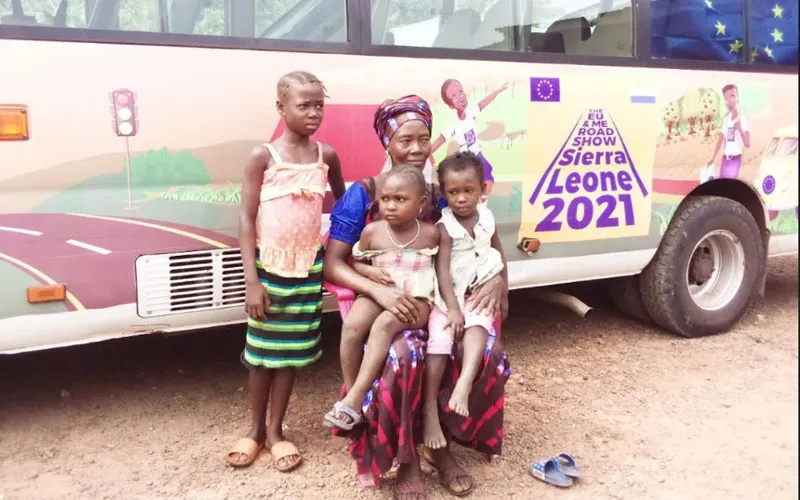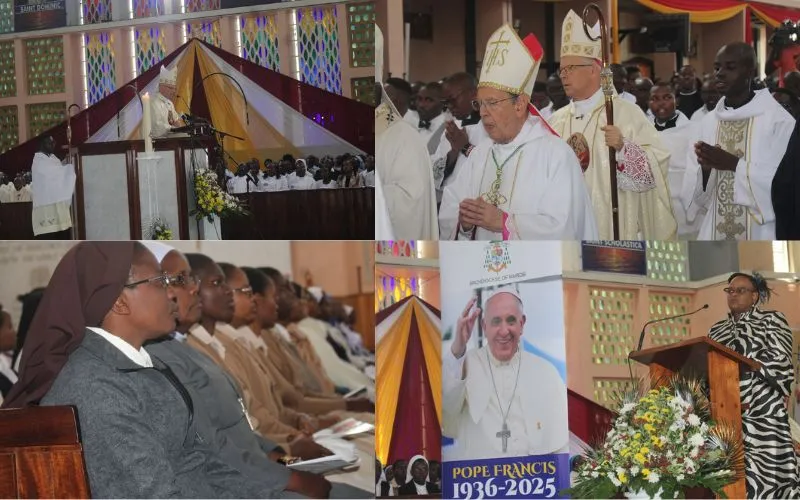Freetown, 30 September, 2021 / 8:44 pm (ACI Africa).
The election of a woman to a village leadership position in Sierra Leon has been hailed as a significant stride in gender equality in the West African country.
In a Monday, September 27 report, Trócaire Sierra Leone leadership says the election of Aminata Kamara as the first female Deputy Village leader after the organization’s partner, Centre for Democracy and Human Rights (CDHR) prepared her to surmount societal perceptions against female leadership, is “ground-breaking.”
“Aminata’s success represented ground-breaking change for women in her native Sierra Leone,” says the Sierra Leonian leadership of the overseas development agency of the Catholic Bishops of Ireland, adding, “Overnight she became a role model for other women and girls with leadership aspirations.”
“CDHR led training for Aminata and her peers, and supported them to engage their male counterparts to address issues they are facing, such as accessing and owning land, and for women’s inclusion at decision-making levels,” Trócaire Sierra Leone officials say in the report.
They add that CDHR “worked with Aminata to support and strengthen her campaign through targeted training in leadership, public speaking and how to mobilize her network for success.”








